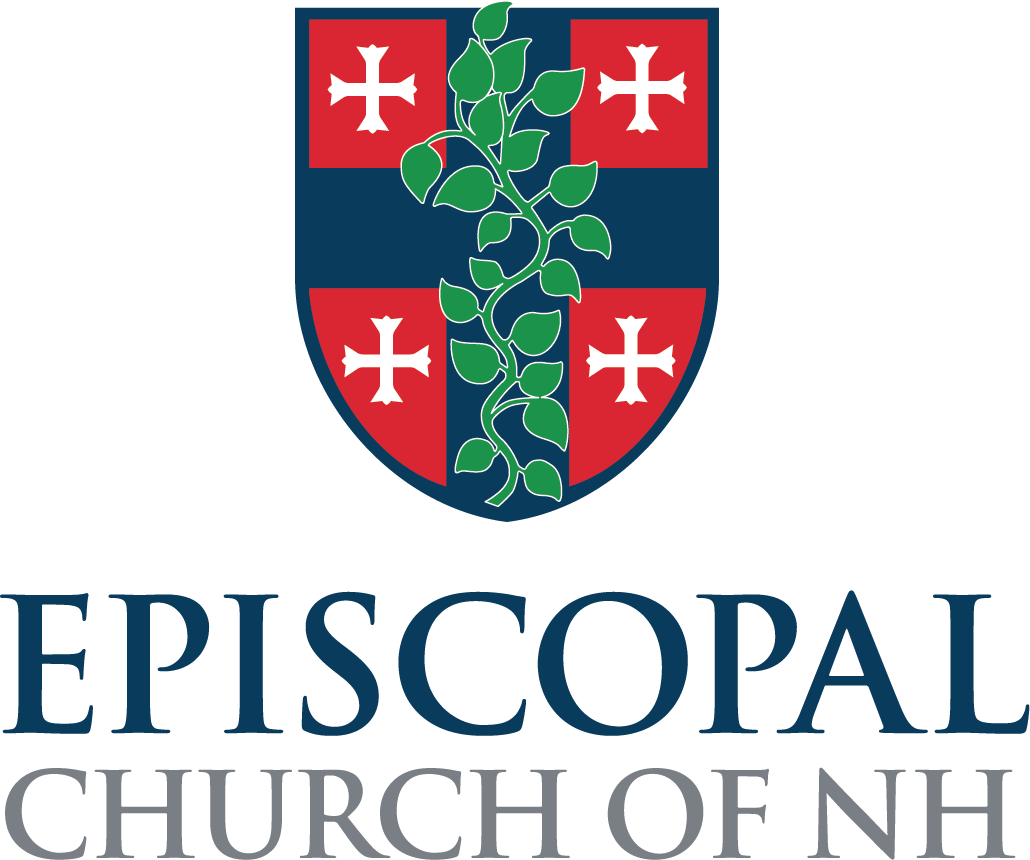As I walked on the streets of Concord this morning, the sense of division in our society was very clear, as some citizens rejoiced and others looked profoundly dejected. We all knew that no matter who won the election yesterday, that person would preside over a nation that is deeply fractured and hurting. We also knew how afraid and angry so many of our fellow citizens are. If half of us were tempted to deny that fear and rage, we all have to admit it now.
At such a delicate and vulnerable moment such as this, I take strength in remembering that, for followers of Jesus, such fractious and anxious, even dangerous, times as these are not unusual or even strange. Sure, times like these may seem strange for a certain class or segment of American Christians, who have for many decades enjoyed access to privilege, wealth, and power. But, nervous times as these were not at all strange for the first disciples of Jesus and certainly not for the vast numbers of saints who have come before us. They are not strange for a majority of Christians in the Holy Land, in China, and in many other places on the planet. They were not strange even for generations of Americans who have faced sacrifice, war, and economic hardship. Even Jesus, on the night before he died, told his followers to find their true peace in him and, in the midst of persecutions, to take courage for he has already conquered the world with his love. (John 16:32-33)
Recognizing me as a member of the Church, someone stopped me this morning to introduce herself. She was feeling quite distraught this morning about the change in direction our country is taking, especially for refugees, girls, and religious and racial minorities. She asked, "What are we to do now?" She was a stranger, someone I've never met before, and it seemed that maybe such unplanned encounters will be a hidden blessing of these times. The only words that came to me were:
Pray.
Seek justice.
Love mercy.
Walk humbly with your God.
Pray some more.
Love your neighbor.
Don't go it alone. There's been enough of that.
Never has there been a time in my life or ministry when this short list seemed such a high and urgent calling as it does now.
Now is the acceptable time, says the Apostle Paul. (2 Corinthians 6:2) Now.
Faithfully Yours in Christ,
+Rob
HERE to read the 214th Annual Diocesan Convention's Prayers of the People.
